At the begininng of the year, many people resolved to lose weight. This focus, or some might say obsession, with weight loss – causes us to be bombarded with more dietary advice and risky myths than our brains can possibly make sense of.
To make matters worse, the world of nutrition advice is often already so difficult to navigate with so much conflicting information.
Depending on the source, to lose weight, you’re told to eat more protein or less protein, eat plenty of whole grains or eliminate all grains from your diet, and so on. How are you supposed to know what’s good to eat and what isn’t?
In this post, I’m going help you eliminate the confusion by addressing 5 common diet myths that could be affecting you now. Dispelling them and uncovering the truth will help you more easily realize all your New Year’s resolutions around health and beauty.

Photo by Nalina Kaufman.
Misinformation Often Starts at the Top
According to the USDA, a healthy, balanced diet is one that includes fruits, vegetables, whole grains and low-fat or fat-free dairy products. Also included lean meats, fish, poultry, eggs, beans and nuts. The government says a healthy diet should be low in sugars, sodium, cholesterol, saturated fats and trans-fats. If you’ll notice, much of this diet can be made of processed foods, meat and milk.
Unfortunately, so much of the “one size fits all” information popularized by the USDA is out of date and has been largely disproven. As I’ve written extensively in The Beauty Detox Solution and The Beauty Detox Foods, many people have trouble digesting dairy. It’s after all, not meant for human consumption. [1] Meat often comes packed with hormones, antibiotics and can be easily overdone. Meat is also very acid-froming in the body, which can contribute to accelerated aging. [2] And not all saturated fats, like coconut oil, are harmful. [3]
You probably know all this, but there are a great many people around the country and the world who still follow these guidelines, paying the price for this proliferation of misinformation.
In Beauty Detox, the diet recommendations look pretty different than what you see in the USDA recommendations. Instead, of following a pyramid, we use a circle with 80 percent (ideally organic) fruits, greens and vegetables and 20 percent beauty protein, carbs and starches. There are so many wonderfully healthy foods that you can enjoy without counting calories or worrying about what you can’t have. I want you to enjoy what you eat without following unreasonable diets.
The challenge is that, even with our simple and effective approach, I often still get questions because there always seem to be new diet myths and fads that seem so compelling. Let’s overview them now.
Myth #1: Carbs Are The Enemy
The truth is, carbohydrates are necessary and can absolutely promote health and beauty! They contain essential macronutrients that provide us with energy. This is especially so when you choose complex carbohydrates that are easy for your body to digest, freeing up Beauty Energy and removing the sludge from your system.
When you don’t get enough carbohydrates, your body suffers. Your brain won’t feel like it’s working right, and you might start feeling more and more irritable and stressed out. Complex carbs are slowly broken down into simpler sugars that enter your bloodstream which transports them to the liver. In the liver, some of those sugars are converted to glucose. Glucose provides essential energy for your muscles and brain to function optimally. If your body doesn’t get enough energy from glucose, it will instead break down protein to get needed energy. This means your body cannot use protein to build your muscles and tissues. It also means more stress is put on your kidneys to process the toxins created when we try to digest too much protein.
While there is a school of thought that believes, when you don’t eat carbohydrates, you “train” your body to burn fat for fuel, there isn’t an abundance of evidence to back this up. Further, carbohydrates require less digestive energy and convert to energy more efficiently than dietary or body fat. Personally, in both myself and clients, avoiding carbohydrates often leads to low energy, sluggish brain/thinking, digestive distress and skin issues.
Of course, it’s imperative you focus on the right carbs. These include unrefined Beauty Grains like amaranth, quinoa, millet, and buckwheat; root vegetables like yams and sweet potatoes; and other healthy starches such as winter squash, beans, lentils, and brown or wild rice.
Unrefined is the key here. Carbohydrates that are refined and convert into blood sugar too quickly, spiking our insulin and contributing to weight gain. [4] Recent research has shown that highly processed foods have the same effect on the brain as cocaine. [5] After that initial rush of energy and subsequent crash, you crave more, again and again. Is it any wonder that obesity is such a big problem?
So the lesson here, my friend, is to focus on healthy, complex carbs and avoid over processed carbs that can actually lead to addiction and cause you to become over weight. Carbs are not the enemy; processed foods are.
Myth #2: More Protein Is Better
I believe this myth began in the bodybuilding and fitness industries, where they believe you need as much protein as possible to build more muscle. (It may also be due to their eagerness to sell protein powders, which are inexpensive to produce and enjoy huge markups.)
Of course, protein is needed to build muscles and body tissues. Protein also helps make antibodies and hormones, and keep our electrolytes balanced. Does that mean the more you have, the healthier you are? Not at all! According to the American Heart Association, most people get more protein than they need. They specifically discourage high protein diets saying, “Some of these diets restrict healthful foods that provide essential nutrients and don’t provide the variety of foods needed to adequately meet nutritional needs. People who stay on these diets very long may not get enough vitamins and minerals and face other potential health risks” [6]
When we consume too much protein by following a diet that focuses on it as the main component, we can have problems such as constipation, headaches and hair loss. These are signs that our digestive system is bogged down and we have sludge in our systems! Even worse, people who follow high protein diets may suffer from heart problems, kidney damage, osteoporosis and even death. On another personal note, I often see dark circles under the eyes of those who consume too much protein, which is a sign of kidney exhaustion and water imbalance. I also see a more hardened, lined face/complexion.
While there is much debate over how much protein the body actually needs, one thing is certain. We can get more than enough protein through a plant based diet – and more importantly, it’s nearly impossible to overdose on plant protein.
Part of the reason for this is that our bodies do not simply absorb protein to build muscle; they utilize amino acids. That means protein we eat must be broken down into useable amino acids before it can benefit our bodies.
Sheer grams of protein in your diet are not nearly as important as getting a wide range and quality of amino acids. Of the 23 amino acids that our bodies need, only 8 are not manufactured by our bodies. Those 8 must come from our diet, and fortunately, they are all found in plant foods. So as long as we enjoy a varied diet, we will get all of the amino acids that our bodies need to be healthy.
As long as you eat plenty of nuts and seeds, fruits, vegetables and sprouts – you will never be deficient in protein — and you will have all the amino acid building blocks you need to be strong and beautiful. Making sure to eat a good percentage of your diet raw is also important, such as raw greens (Glowing Green Smoothie, salads at lunch and dinner) and raw seeds/nuts, to keep vitamins and amino acids intact, as they can become denatured with heat.
Myth #3: A Higher Metabolism Is Always Good
Metabolism is one of the trickier concepts in health and nutrition — in part, because we assume that faster metabolism is always good and a slower metabolism is always bad. The truth lies somewhere in the middle.
There are good ways to speed up your metabolism, which increase digestive efficiency and calorie burning, but not at the expense of your health. Herbs like cayenne and ginger fit this criteria. So does strength training, such as weights, or bodyweight exercise like yoga. Even practices like cold thermogenesis — which we covered in our 24/7 Fat Loss Course — are excellent. This is because these herbs and practices do not deplete you, they actually speed up your metabolism while giving you energy.
On the other hand, there are plenty of toxic ways to increase your metabolism. Those might include drugs or unnatural “weight loss pills”…exhausting yourself with excessive exercise… even stress can increase your metabolism. In fact, toxins by nature increase your metabolism because your body must take action, which produces heat, in order to expel them. Long-term, these unhealthy ways to spike your metabolism lead to congestion, hormone disruption and other wide-ranging effects that will slow your weight loss — not to mention age you.
So the next time you hear of a miracle treatment for rapid metabolism — I encourage you to investigate more thoroughly. Ask, “Is it natural?”… “Will this give me energy in the short and long-term?”… “Is this not putting toxins into my body?”
If you can answer “yes” to all those, then it’s usually a good metabolism booster. If not, do your body a favor and avoid it!
Myth #4: Fat Can’t Make You Fat
Fats play an important role in our bodies. They protect our vital organs, help control immune function and growth, keep our skin soft and supple and keep our joints lubricated and moving freely.
That being said, fat is still fat. Eating too much fat can be congestive, especially if eaten with protein-rich foods, creating sludge in your system. This is because fats slow the secretion of hydrochloric acid, which is needed to efficiently digest protein. [7] Your best bet is to limit your fats to those obtained naturally in the foods you eat (such as avocados), and if you must add fats, like coconut oil, to your food, be moderate and ideally consume even smaller amounts with protein, for easier digestion.
Another consideration with fat: because the liver and gall bladder must process all oils – digesting them is very energy-intensive. (The exception here is medium chain fatty acids like coconut oil, which bypass the liver and digest more like carbs.) For this reason, I tend to consume fat a bit later in the afternoon or evening when I’m more sedentary, so that my body is not weighed down by having to process the fat. Starting the morning off with a high fat meal, as many do, certainly doesn’t work for me and is not something I recommend to my clients or anyone else.
Myth #5: Frequent Small Meals will Burn Fat Faster
This is another myth with its origins in bodybuilding and fitness worlds – and I’m shocked by how pervasive it still is! The idea is that the more small meals you eat, the more your body will raise its metabolism and therefore shift into fat burning mode. They also believe that frequent meals will help you lose weight by keeping your blood sugar better balanced.
As we mentioned a moment ago, the idea of raising your metabolism by making your body work to digest these small meals all day is not necessarily a good thing. Furthermore, there are no actual studies to back up this claim of greater weight loss. In fact, studies show that there is NO weight loss effect from more frequent feedings. [8]
This theory of eating lots of small meals — all throughout the day — also neglects the very exciting emerging research about intermittent fasting, where you take short but regular breaks from food, and optimize your body’s impressive detoxification functions and increases in endogenous growth hormone secretion. [9]
The best way to reach your ideal weight is not to follow someone else’s formula. Don’t feel the need to eat 6-8 small meals because some bodybuilder or fitness model does that. Instead, tune into your body and feel what it truly needs. Only eat if you are hungry, chew your food slowly and well, and stop when you are satisfied.
This is easy to do without overeating – IF you feed your body with quality, nutritious foods that give your body what it needs to function optimally.
Myths Will Come and Go – The Truth Always Remains!
The latest myths and fads will always be tempting, because they’re new and usually come with promises of rapid results. I understand the draw to them, and yet I’ve seen enough come and go in my lifetime and career to know that none stand the test of time.
In addition to doing your homework on any claim, I cannot overstress the importance of listening to your body. No one and no theory will ever know your body – and it’s unique moment-to-moment needs – quite like you can.
Ignoring what you feel and blindly following diet advice will inevitably leave you feeling hungry, bloated or irritable and ultimately age you in ways it’s hard to imagine right now. Instead, tune in and stick to some basic guiding principles that you can easily test and verify, as so many healthy Beauty Detoxers in our community have done.
This philosophy is about the simplest and most natural ways to eat your way to beauty and better health. Beauty Detox allows you to adapt your diet to fit your individual needs while focusing on healthy, nutrient-rich foods. I don’t make claims that you will lose 10 pounds in 2 weeks. I do help you to learn how to eat clean and adapt your diet as you need based on how you feel. In this way, instead of “dieting”, you are detoxing and rejuvenating your whole body from head to toe — all by enjoying good, healthy foods and reaping the beautiful benefits of them.
Wishing you a great rest of the year and I’m so excited to share more with you in the coming weeks and months.
Exciting times in the community – 2015 will be our best year ever!
Love,
Kimberly
Research:
[1] https://www.clontarfclinic.com/allergy/index.php/educational/2012-01-12-08-19-15/74-the-rise-of-milk-allergies-and-anaphylaxis [2] https://www.webmd.com/diet/features/safer-food-healthier-you [3] https://www.ncbi.nlm.nih.gov/pmc/articles/PMC3226242/ [4] https://www.hsph.harvard.edu/nutritionsource/carbohydrates/carbohydrates-and-blood-sugar/ [5] https://www.forbes.com/fdc/welcome_mjx.shtml [6] https://www.heart.org/HEARTORG/GettingHealthy/NutritionCenter/High-Protein-Diets_UCM_305989_Article.jsp?appName=MobileApp [7] https://faculty.clintoncc.suny.edu/faculty/michael.gregory/files/bio%20102/bio%20102%20lectures/digestive%20system/digestive%20system.htm [8] https://www.ncbi.nlm.nih.gov/pubmed/9155494 [9] https://www.ncbi.nlm.nih.gov/pmc/articles/PMC329619/
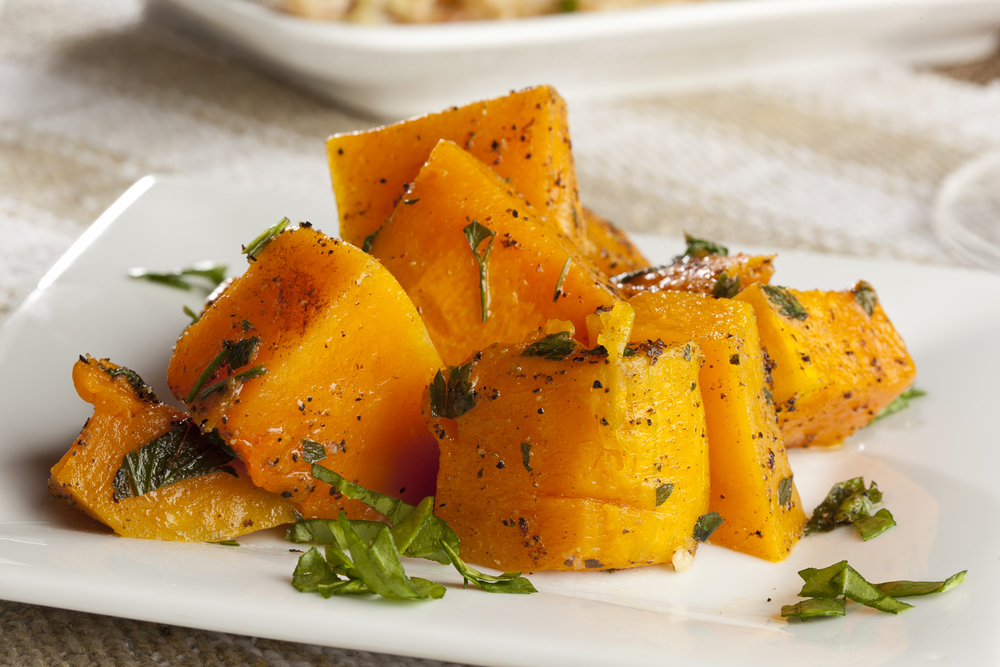
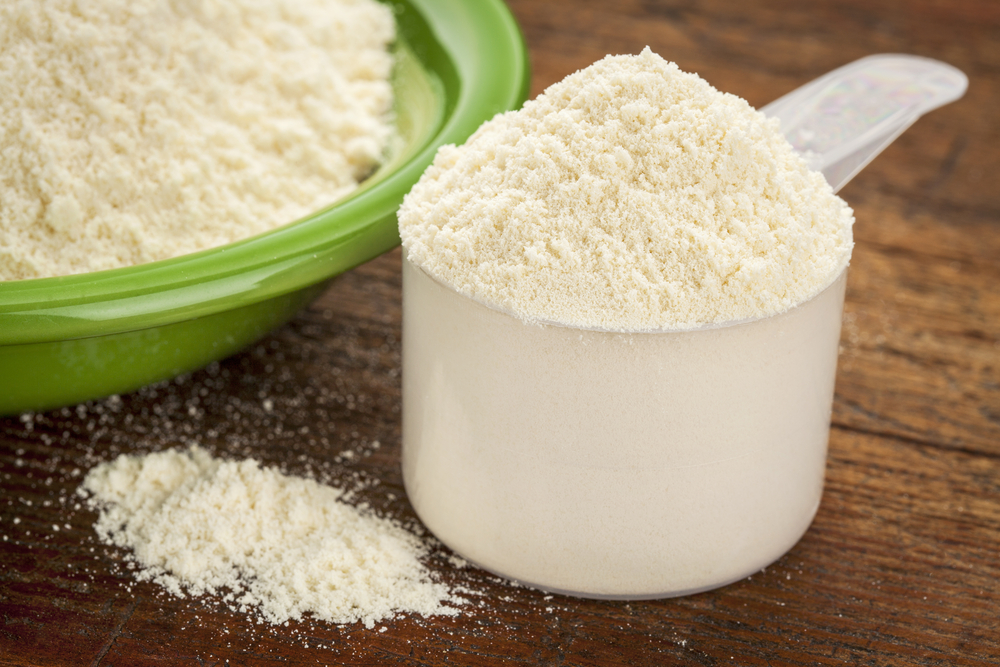
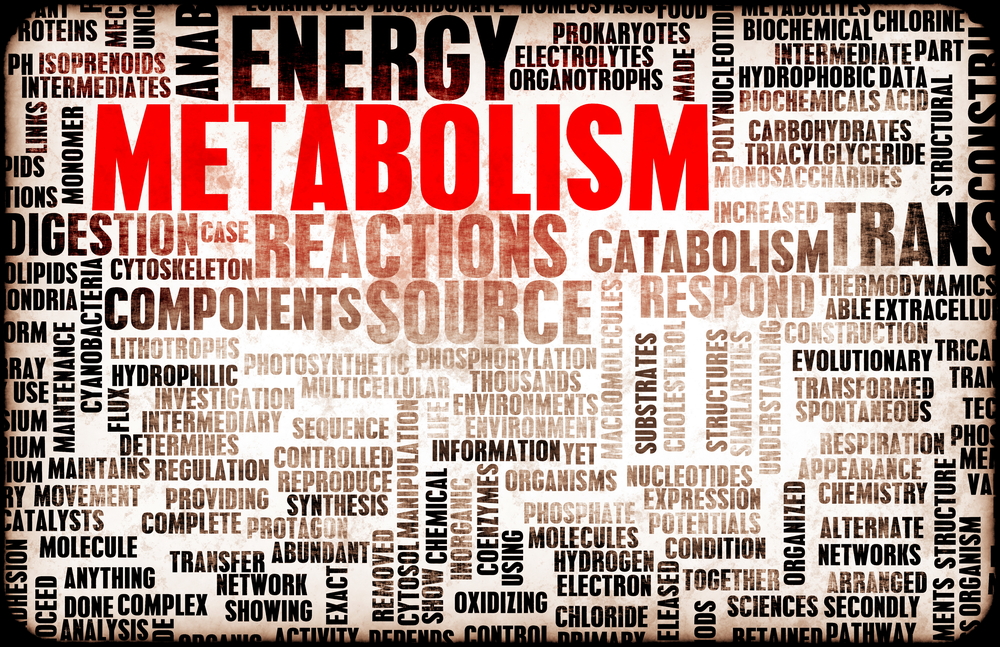
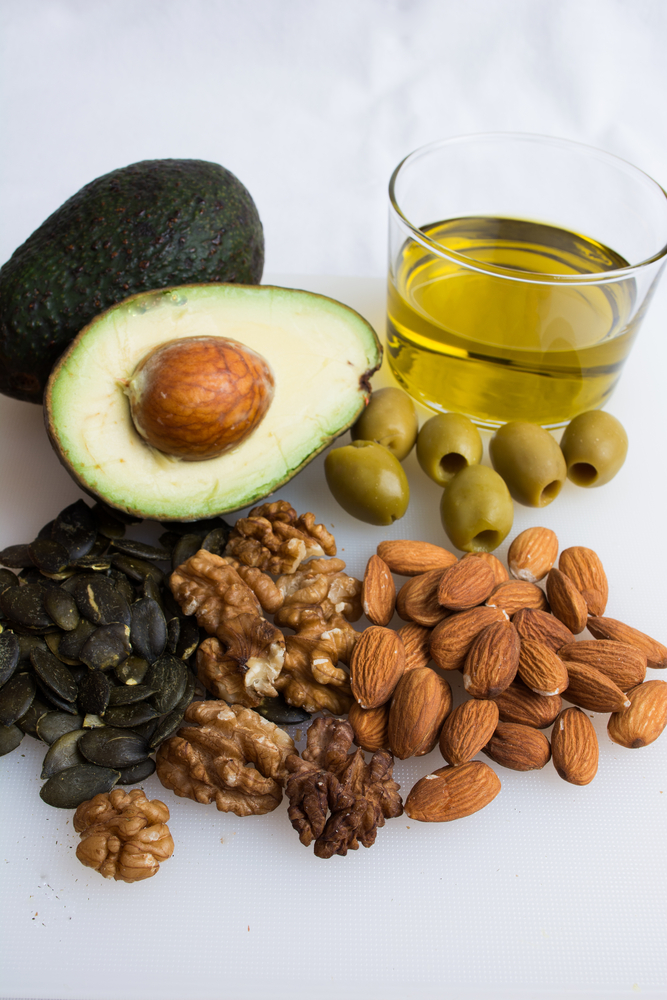
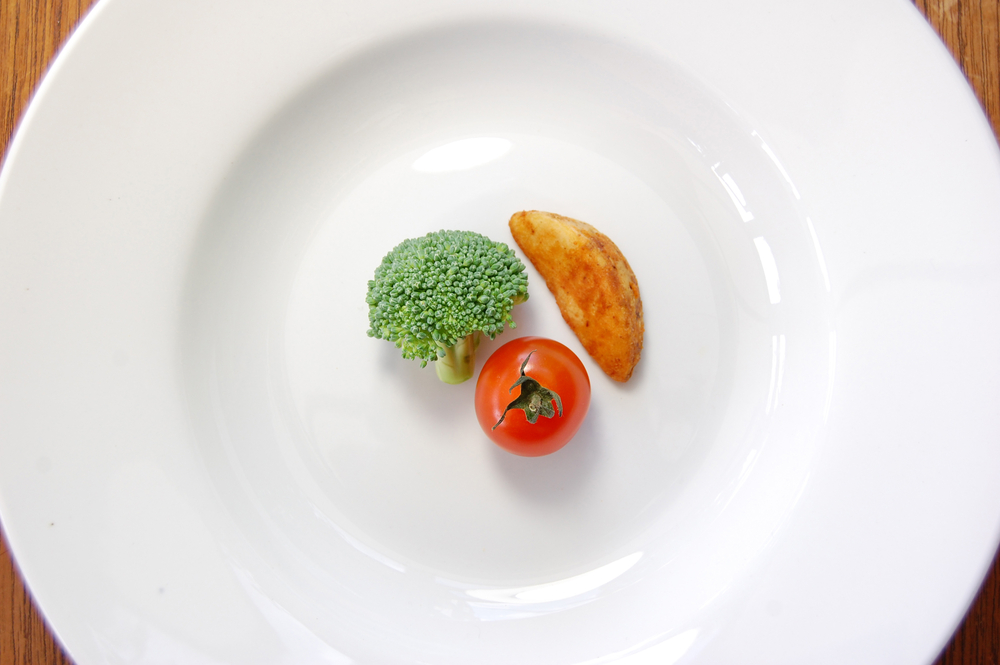

Please talk to me about the pros and cons of cooking with almond meal/flour. What about coconut and flaxseed flour? Thank you and have a wonderful 2015
Amazing article Kimberly! There’s so much confusing information out there.
Would love to hear your view on Almond/ coconut flours too. Sounds interesting.
hi there, I am Lana S., and I am completely agree with all of the findings and
recommendations given in the article.
I thoroughly follow through the steps, yet can not reduce an extra weight .
Help.
Thank you so much for sharing your research so kindly and freely. I love reading your blog because you always back up your article with a recent research and are able to read current myths and fads.
I’m curious as to which plant proteins contain the essential amino acids? I’ve studied with Dr. Weil and he says you have to be really careful because plant protein is in complete protein. What are the plant sources for phenylalanine, valine, methionine, histidine, threonine, tryptophan, isoleucine, lysine, leucine? Thanks and a vegan reference would be good. I get my protein from fish and eggs-also dairy.
Hi Kimberley. I have been reading your books repeatedly for over a year now and each time I am learning more and more. Feeling absolutely fantastic thanks to you. You are absolutely amazing and have helped change my life in numerous ways. Just saw your upcoming retreat and would love to be there but living down under and limited time to organise everything means I’ll have to miss out this time. I’m travelling to the U.S in June-July and was wondering whether you will be organising more retreats in the future. Better still, would you every consider conducting a retreat/ workshop in Australia. Can’t wait for the release of your new book. Sue